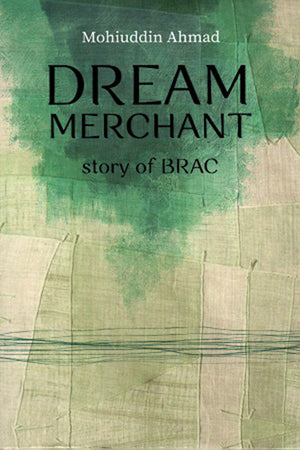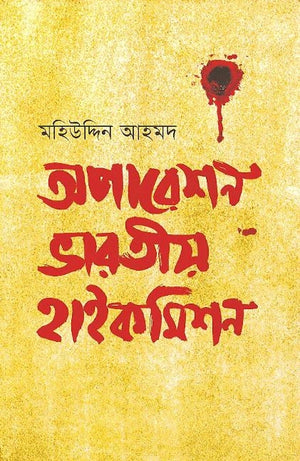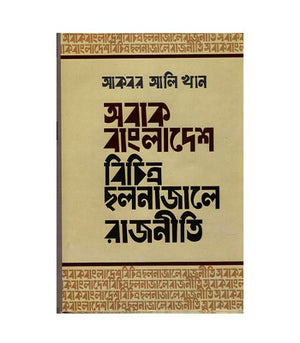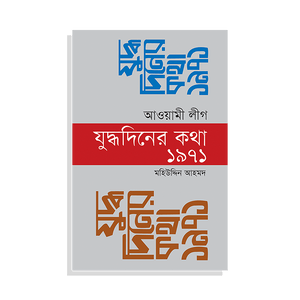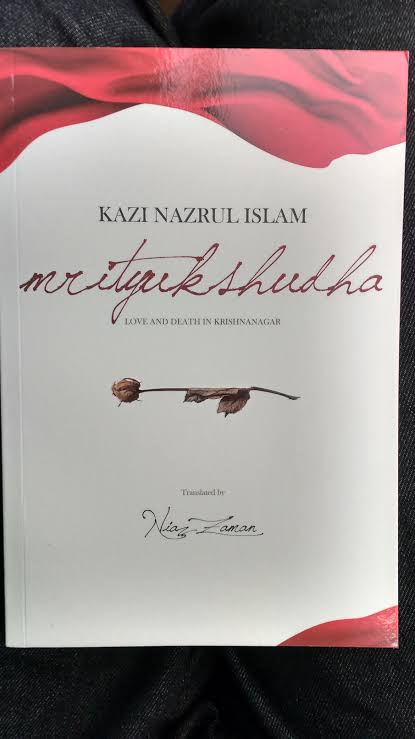
Mrityuksudha-Kazi Nazrul Islam
Reliable shipping
Flexible returns
"Mrityuksudha" (মৃত্যুক্ষুধা) is one of the most significant poems by Kazi Nazrul Islam, the renowned Bengali poet, revolutionary, and national poet of Bangladesh. Written in the early 20th century, the poem reflects the poet's intense passion for social justice, equality, and his deep philosophical thoughts about life and death.
Theme and Content:
The title "Mrityuksudha" translates to "Hunger for Death" in English, and it beautifully captures the poet's profound reflections on mortality, suffering, and the desire for liberation from the cycle of life and death. The poem is essentially a meditation on the inevitability of death and the agony of human existence in a world filled with sorrow, oppression, and inequality.
In this poem, Nazrul explores the paradox of life and death, where death, often seen as an end, is viewed by the poet as a means of freedom from the pain and suffering of life. This idea resonates with Nazrul's revolutionary and anti-establishment views, where death symbolizes a release from the shackles of societal constraints and human suffering.
Philosophical Reflection:
"Mrityuksudha" presents a transcendent view of death, where the poet is not afraid of death but rather yearns for it as a release from the shackles of an unjust society. It conveys the poet's longing for justice and equality, alongside the intense desire to rid oneself of the painful realities of life. Nazrul's portrayal of death is not as something to fear, but as something inevitable and even desirable in the face of suffering and social injustice.
Symbolism:
The symbolism of death in "Mrityuksudha" goes beyond the literal. Death here represents a profound spiritual liberation, a freedom from the sufferings of the oppressed masses. For Nazrul, death is not an end but a transition to a higher state of existence where all inequalities are vanquished. The hunger for death can be interpreted as a hunger for justice, freedom, and the end of exploitation and oppression.
Context:
This poem was written during a period when Nazrul was deeply involved in revolutionary activities against British colonial rule. His writings often reflected his rebellion against imperialism, his concern for social justice, and his desire to liberate the oppressed. "Mrityuksudha" is a powerful example of how Nazrul's poetry combined his personal philosophical reflections with his revolutionary spirit.
Literary Style:
Nazrul's writing style in "Mrityuksudha" is both lyrical and intense, characterized by strong imagery, emotional depth, and rhythmic intensity. The use of powerful metaphors and symbols enhances the emotional resonance of the poem, giving it a timeless quality that speaks to the universal human experience of suffering and longing for justice.
Impact:
"Mrityuksudha" is a classic example of Nazrul's unique ability to weave together personal and political elements in his poetry. The poem continues to inspire readers with its uncompromising vision of freedom and justice. It remains one of the most profound reflections on death and human suffering in Bengali literature, cementing Nazrul's legacy as a poet of both rebellion and humanity.
In conclusion, "Mrityuksudha" is a poem that encapsulates Kazi Nazrul Islam's revolutionary ideology while also offering deep, philosophical reflections on the nature of life, death, and human suffering. It stands as a powerful call for justice and freedom, echoing the poet's enduring legacy in the fight against oppression and inequality.
